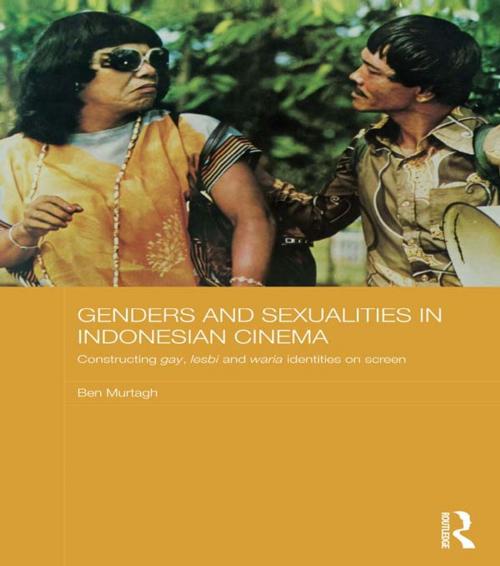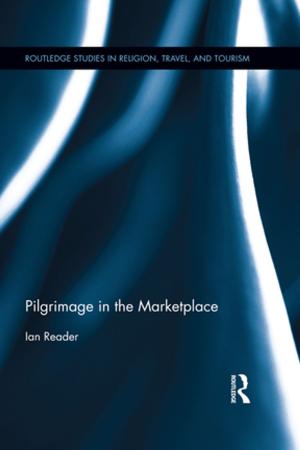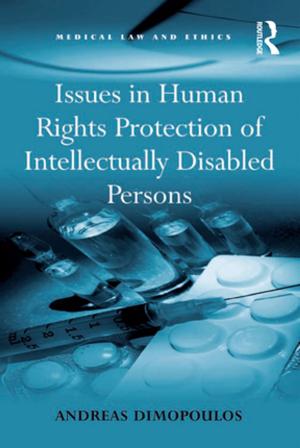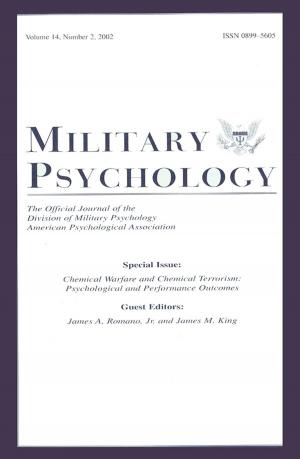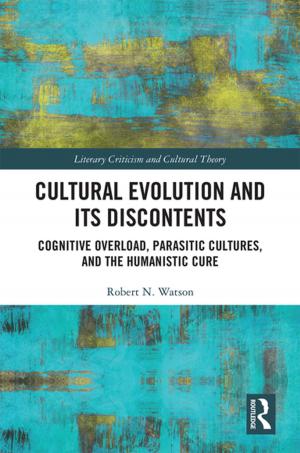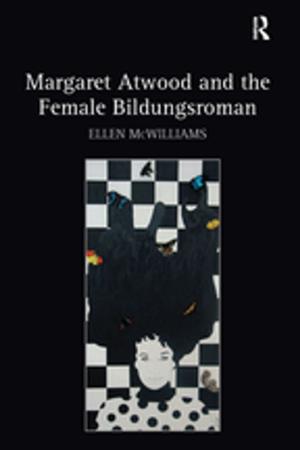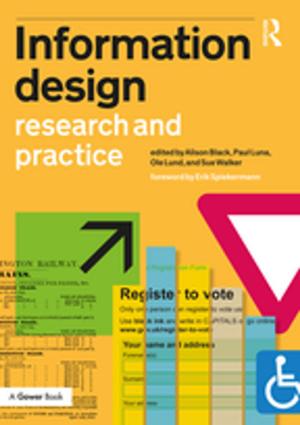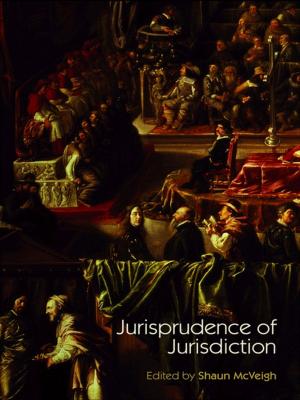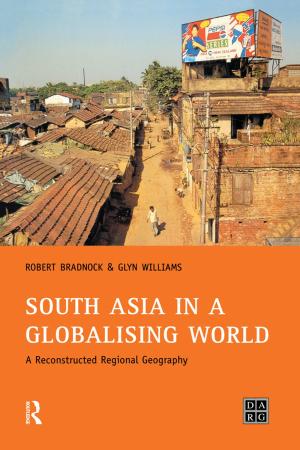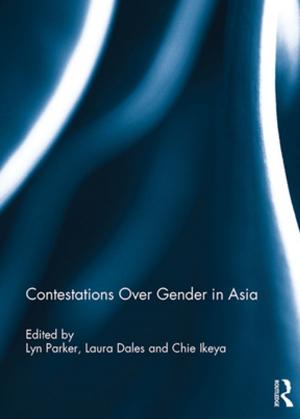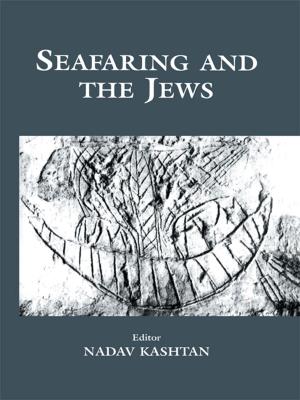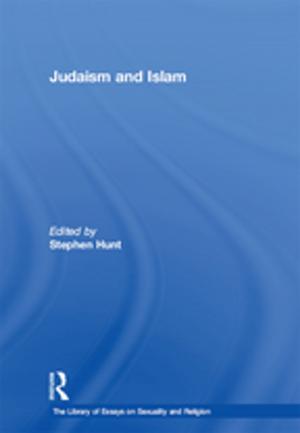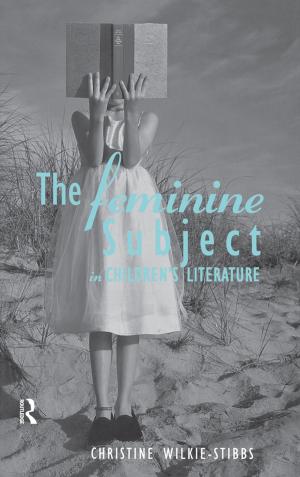Genders and Sexualities in Indonesian Cinema
Constructing gay, lesbi and waria identities on screen
Nonfiction, Social & Cultural Studies, Social Science, Cultural Studies, Ethnic Studies, Entertainment, Performing Arts, Film| Author: | Ben Murtagh | ISBN: | 9781135097585 |
| Publisher: | Taylor and Francis | Publication: | September 23, 2013 |
| Imprint: | Routledge | Language: | English |
| Author: | Ben Murtagh |
| ISBN: | 9781135097585 |
| Publisher: | Taylor and Francis |
| Publication: | September 23, 2013 |
| Imprint: | Routledge |
| Language: | English |
Indonesia has a long and rich tradition of homosexual and transgender cultures, and the past 40 years in particular has seen an increased visibility of sexual minorities in the country, which has been reflected through film and popular culture. This book examines how representations of gay, lesbian and transgender individuals and communities have developed in Indonesian cinema during this period. The book first explores Indonesian engagement with waria (male-to-female transgender) identities and the emerging representation of gay and lesbi Indonesians during Suharto’s New Order regime (1966-98), before going on to the reimagining of these positions following the fall of the New Order, a period which saw the rebirth of the film industry with a new generation of directors, producers and actors. Using original interview research and focus groups with gay, lesbi and waria identified Indonesians, alongside the films themselves and a wealth of archival sources, the book contrasts the ways in which transgendered lives are actually lived with their representations on screen.
Indonesia has a long and rich tradition of homosexual and transgender cultures, and the past 40 years in particular has seen an increased visibility of sexual minorities in the country, which has been reflected through film and popular culture. This book examines how representations of gay, lesbian and transgender individuals and communities have developed in Indonesian cinema during this period. The book first explores Indonesian engagement with waria (male-to-female transgender) identities and the emerging representation of gay and lesbi Indonesians during Suharto’s New Order regime (1966-98), before going on to the reimagining of these positions following the fall of the New Order, a period which saw the rebirth of the film industry with a new generation of directors, producers and actors. Using original interview research and focus groups with gay, lesbi and waria identified Indonesians, alongside the films themselves and a wealth of archival sources, the book contrasts the ways in which transgendered lives are actually lived with their representations on screen.
